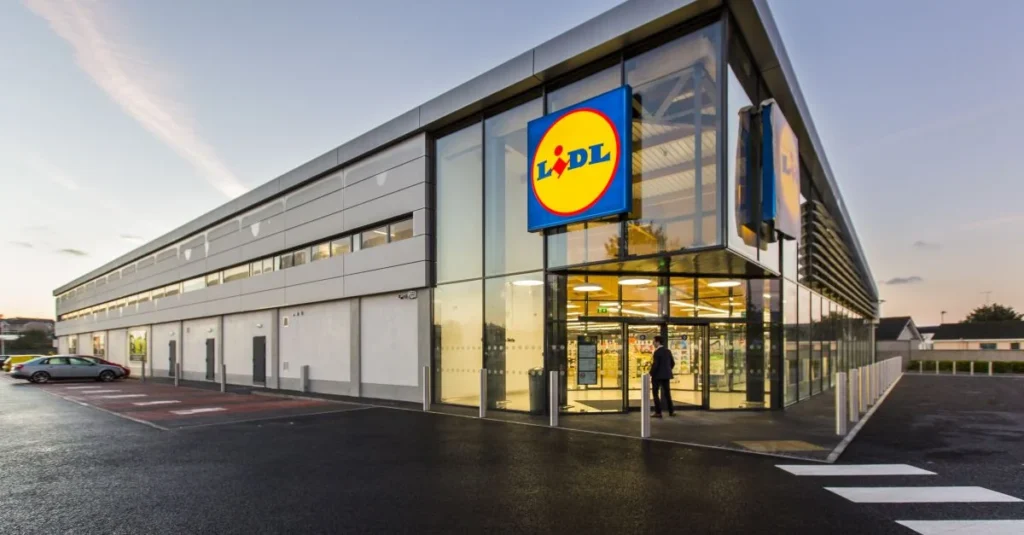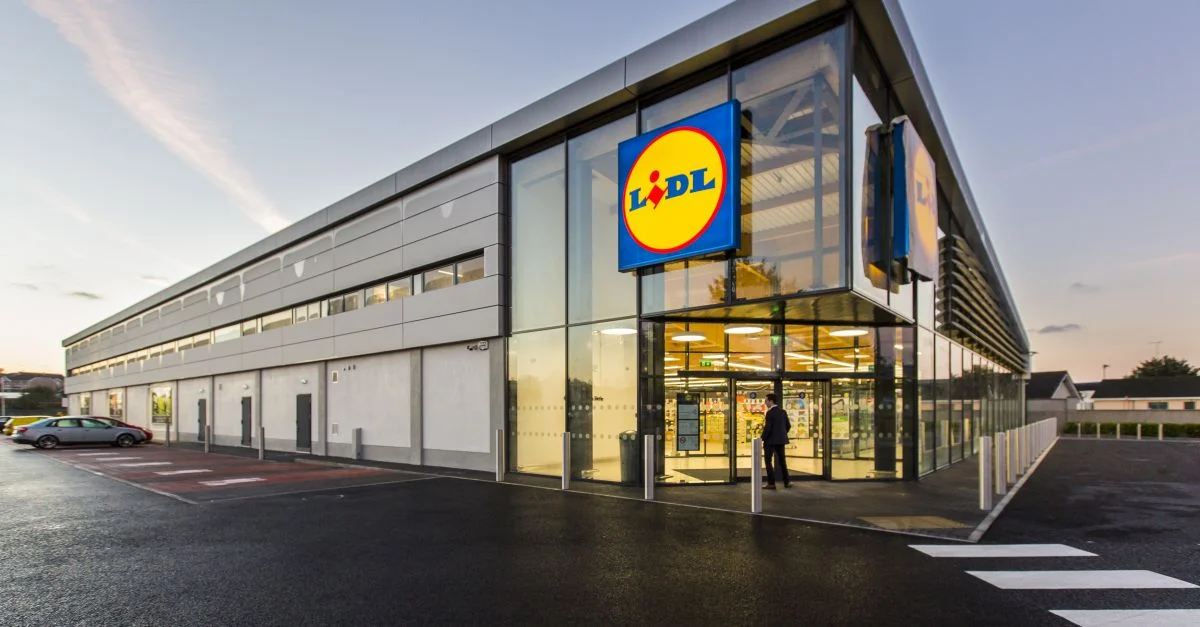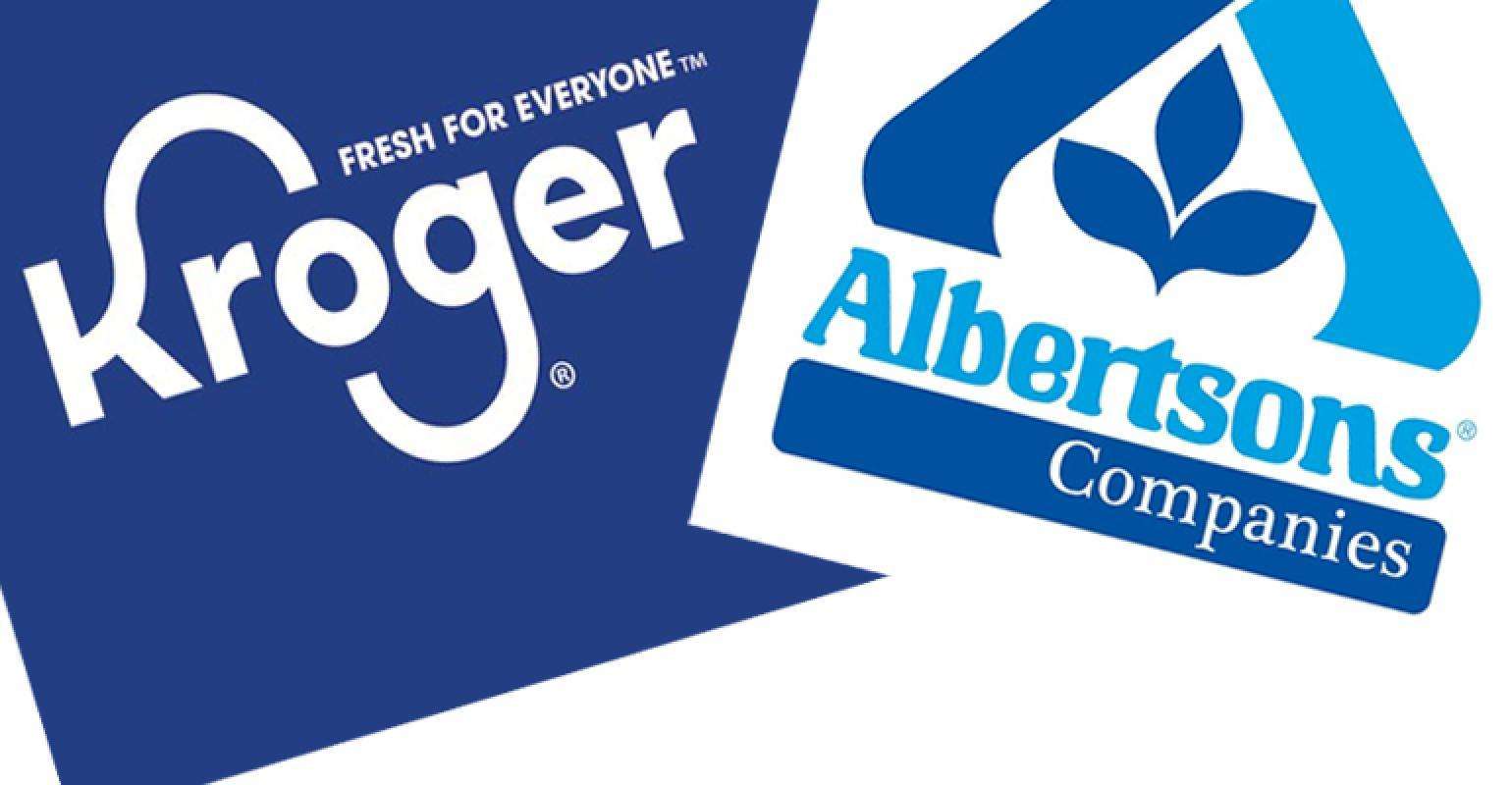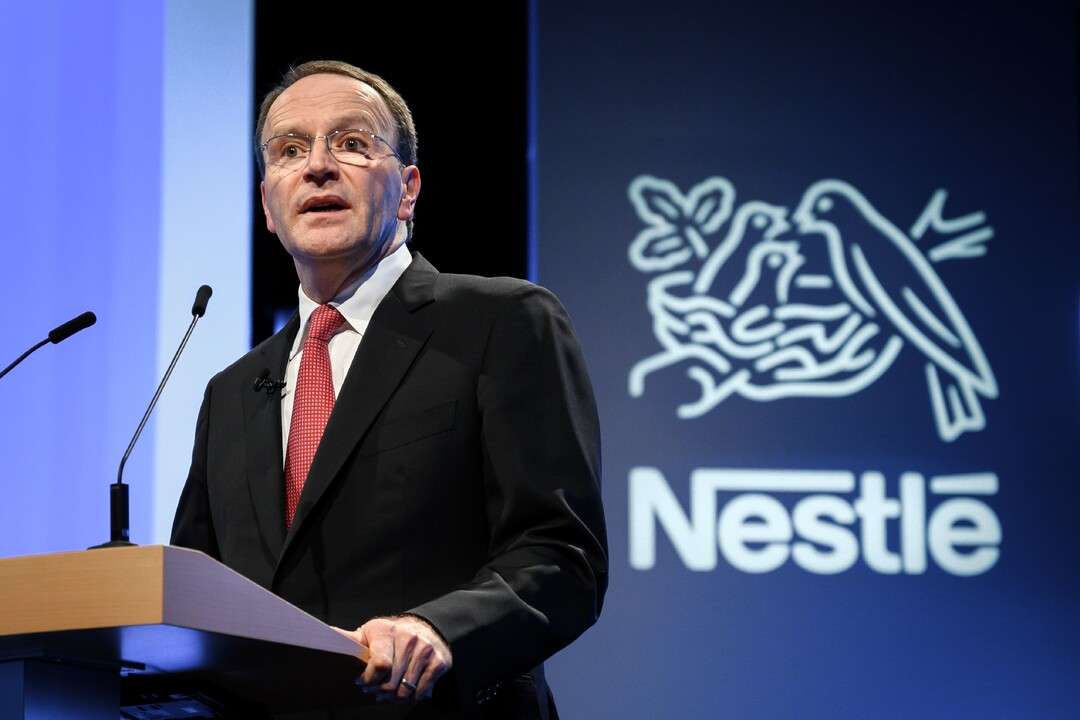Schwarz Group’s Strategic €200 Million Investment in E-commerce
Introduction
In a bold move to fortify its position in the digital marketplace, Schwarz Group, the German conglomerate that owns the supermarket chains Lidl and Kaufland, has announced a significant investment of €200 million. This investment is aimed at enhancing its e-commerce operations, indicating a strategic pivot towards integrating their online and physical retail experiences. This article explores the details of this investment, the intended improvements in their business model, and the implications for the retail market.
Expanding Kaufland’s Digital Footprint
One of the primary beneficiaries of this substantial investment will be Kaufland’s online sector. The allocated funds are set to facilitate the expansion of Kaufland into new markets, specifically targeting Austria and Poland. While Kaufland already boasts a strong physical presence in Poland, it has yet to establish a footprint in Austria. The introduction of an online marketplace in these regions represents a strategic move to capture a broader customer base by bridging the gap between online convenience and physical store benefits.
Launch Plans and Market Strategy
The planned launch of Kaufland’s online marketplace in Austria and Poland this summer is not just about entering new territories but also about enhancing the shopping experience. By synchronizing the online marketplace with the physical stores, Kaufland aims to offer a seamless shopping journey that allows consumers to enjoy the wide range of products and the convenience of digital shopping simultaneously.
Lidl Digital’s Cross-Channel Enhancement
In conjunction with Kaufland’s expansion, Lidl Digital, which represents the e-commerce segment for both Lidl and Kaufland, is set to receive a part of the investment to bolster its cross-channel capabilities. This is particularly crucial as Lidl Digital aims to enhance the interconnectivity between its online platforms and physical stores, thereby offering a more integrated shopping experience to its customers.
Financial Challenges and Strategic Responses
Despite a significant rise in sales from €1.73 billion to €1.94 billion last year, Lidl Digital has faced growing financial losses, which expanded from €71 million to €219 million. The fiscal year 2023/24 shows only moderate optimism with expectations of a slight increase in sales and minimal improvement in profit figures. These challenges underscore the urgency and necessity of this new investment to revamp and realign Lidl Digital’s operational strategies.
New Leadership and Structural Reforms
The recent appointment of Christian Härtnagel as CEO is seen as a strategic move to steer the company through its current challenges. Härtnagel’s approach focuses on a more structural reform, aiming to enhance the synergy between the online and physical retail channels. His vision encompasses a dual growth strategy that not only improves the online shopping platforms but also ensures they complement and drive traffic to physical stores.
Expected Impact of Leadership Changes
Under Härtnagel’s leadership, the expectation is that both Lidl and Kaufland will see improved integration of services. This approach is anticipated to foster customer loyalty and attract a broader consumer base, thereby driving both sales and profitability in a synergistic fashion.
Market Implications and Future Outlook
The €200 million investment by Schwarz Group is a clear indicator of the shifting paradigms in retail, where digital transformation becomes crucial to competitiveness. This move is particularly significant in the context of the increasing trend towards online shopping and the demand for a seamless cross-channel shopping experience.
Competitive Edge in the Retail Sector
By enhancing its e-commerce capabilities, Schwarz Group is not just expanding its market reach but also setting new standards in customer experience. This strategy is likely to influence other retailers to follow suit, leading to a more integrated approach in the retail sector at large.
Conclusion
Schwarz Group’s decision to invest €200 million in its digital operations through Lidl Digital and Kaufland represents a strategic realignment towards more integrated, customer-centric business models. This investment not only reflects the necessity of adapting to digital trends but also positions the group as a forward-thinking leader in the competitive retail market. The success of this initiative will likely depend on the effective implementation of the new strategies and the market’s response to these innovations. As the digital landscape evolves, so too will the strategies that drive retail success, with Schwarz Group at the forefront of this transformation.
Read: Germany’s Top 10 Food and Beverage Companies

Source: Retail Detail



